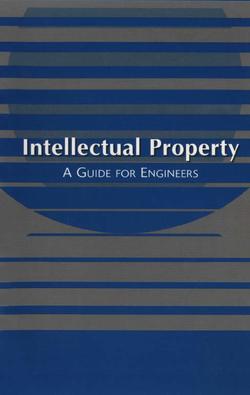Читать книгу Intellectual Property: A Guide for Engineers - American Bar Association - Страница 15
На сайте Литреса книга снята с продажи.
THE EMPLOYED ENGINEER AS INVENTOR
ОглавлениеAs a general rule, an engineer/employee owns the patent rights to his or her inventions, with two important — some would say overriding — exceptions:
An engineer/employee must assign patent rights to his or her employer if he or she was initially hired or later directed to solve a specific problem or to exercise inventive skill.
An engineer/employee must assign patent rights to his or her employer if he or she signed an assignment contract.
Whether or not the first exception would apply in any case, companies commonly use assignment contracts as a condition for employment.5 If reasonable, the courts will enforce such assignment contracts, and an employer may file a patent application on an employee’s invention if the inventor refuses to do so. Whether an employed engineer’s invention is covered by an assignment contract depends on whether the invention is related to the engineer’s duties or field of activity rather than where or when it was made, i.e., at home or while on vacation.
Patent attorneys can be quite specific in determining when an invention was made, in the legal sense. Normally, assignment contracts cover only inventions made during the course of employment or for a reasonable time after employment. When an engineer leaves a job, on-the-record exit interviews are often quite helpful to all concerned to define the respective rights of the engineer and the former employer.
